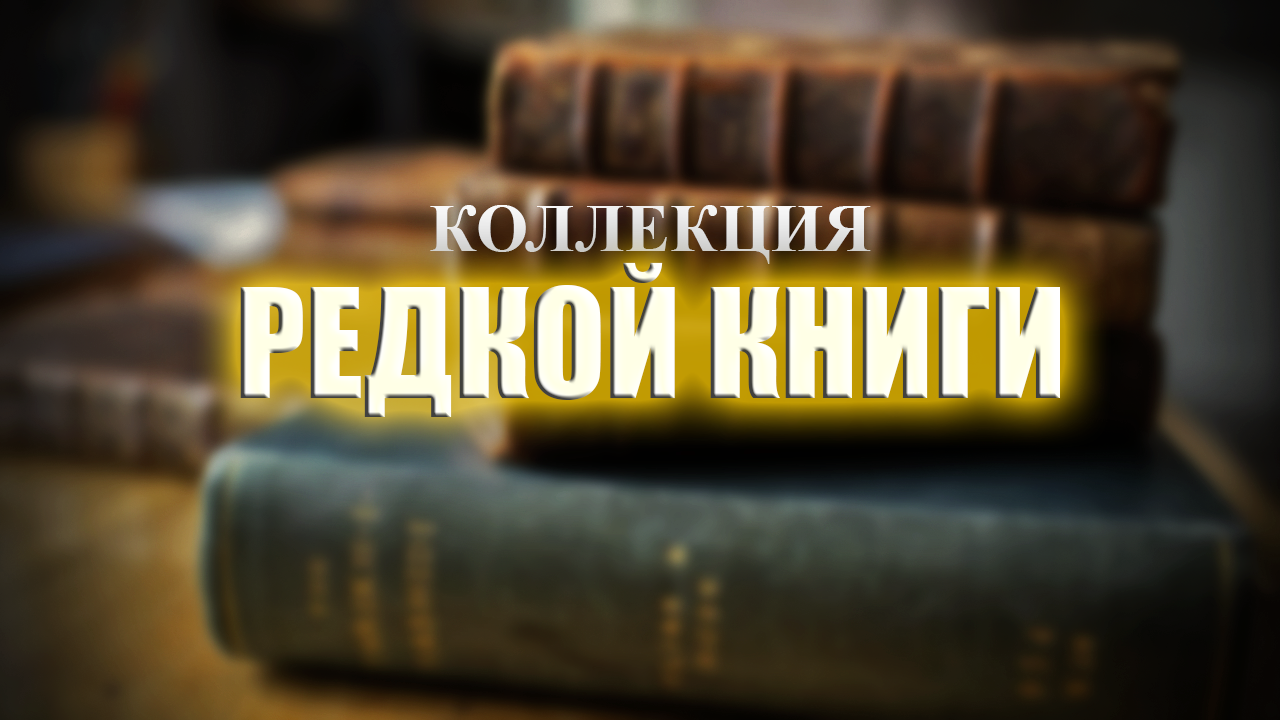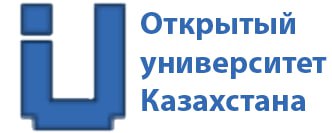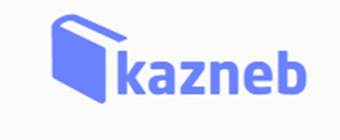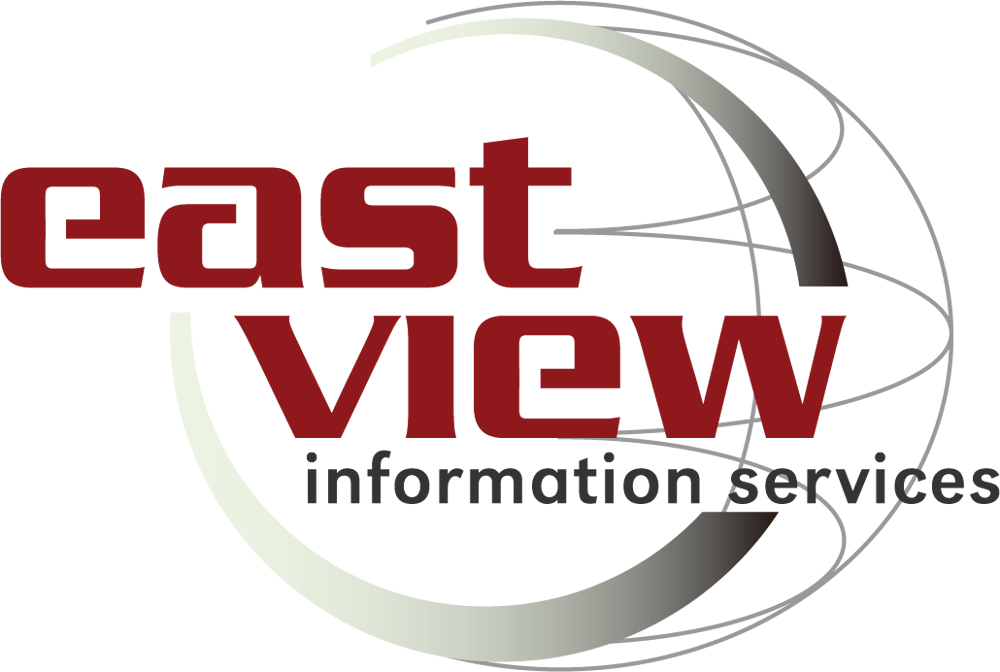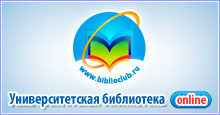1. Web of Science: new interface and new features
In January 2022, the transition to the new Web of Science interface was completed for users worldwide. In this webinar, we will cover the basics of working with the new interface of the Web of Science Core Collection key database. We will answer questions about how to find the most requested publications across a wide range of scientific disciplines and evaluate the sources of these publications. The webinar will cover the main types of information searches, working with search results, saving the necessary data and searching for full texts of publications. Particular attention will be paid to new opportunities for working with scientific information that appeared in the Web of Science Core Collection.
- February 15, Tuesday, 10:00 (Moscow time): sign up
– February 15, Tuesday, 14:00 (Moscow time): sign up
2. Find experts on Web of Science data
In this webinar, we will talk about the achievements of scientists according to Web of Science data. What (not) we can find and why. How to find leaders in your field of expertise who work in a particular country or organization? Who do our competitors or partners work with? What grants do they receive? Why are Publons and ORCID author profiles needed? How to create, fill and use them.
– February 16, Wednesday, 10:00 (Moscow time): sign up
– February 16, Wednesday, 13:00 (Moscow time): sign up
Joint webinar Clarivate and Antiplagiarism
Effective information tools for working with scientific journals
Subject 1: How to navigate the world of international scientific journals Web of Science and their indicators. Moderator: Valentin Bogorov, Clarivate
Scientific journals are the basis of modern scientific communication. Over the past few decades, the world of scientific journals has undergone significant changes, primarily due to the enormous growth in the total volume of scientific publications and the emergence of a new publication model – open access (open access). On the one hand, this has led to a significant expansion of opportunities for access to scientific information; on the other hand, it made the issues of quality control of publications particularly acute. Comparative analysis of sources of scientific information is of particular relevance today for both readers and authors of publications. Within the framework of this webinar, we will consider the structure of databases of scientific publications on the Web of Science platform, the quality criteria for a scientific journal, and the procedures for selecting journals. Particular attention will be paid to various indicators of the influence of journals, from the impact factor of scientific journals, which was first introduced in 1975, to the newest Journal Citation Indicator, introduced in 2021.
Subject 2: About the ratio of Russian journals to the share of borrowed text in manuscripts. Moderator: Yuri Chekhovich, Anti-plagiarism
Manuscripts of scientific articles are perhaps the only type of documents in which, when checking for borrowings, it is justified to estimate the proportion of borrowed text. Evaluate to prevent the publication of works with low originality. Yury Chekhovich will present the results of the study, the purpose of which was to analyze the attitude of the editors of the leading Russian journals to this issue. Do journals use borrow detection systems? Do they set threshold criteria for originality? Do the criteria differ depending on the subject matter of the journals? These and other questions will be answered in the webinar.
– February 17, Thursday, 11:00 (Moscow time): sign up












